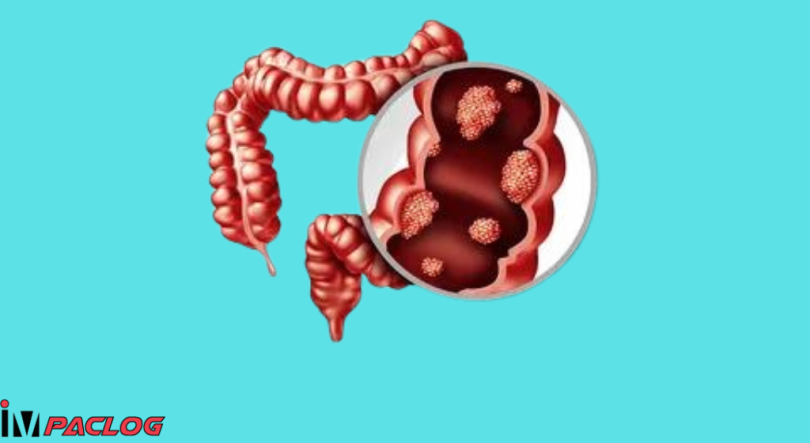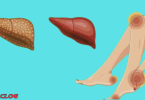Rectal cancer is common in humans, and detecting and diagnosing it early increases the chances of cure. So it is important to know the symptoms of rectal cancer.
The rectum (rectum) is the last part of the large intestine in the digestive system. It starts at the end of the colon and reaches the anus. Unfortunately, it is possible for a person to develop rectal cancer. What are the symptoms of rectal cancer? We will learn about this and more in the article.
Symptoms of rectal cancer
Rectal cancer is very similar to colon cancer, and sometimes they occur together. However, treatment varies depending on where they are located.
Early diagnosis of rectal cancer will help increase the chances of treatment and its success. This means that you need to know the symptoms of rectal cancer so that you can consult a doctor as soon as they appear and notice them.
Symptoms of rectal cancer include:
A change in bowel movement, such as: unusually frequent and persistent diarrhea, or constipation for no reason.
Black stool.
Soft stool.
The presence of blood in the stool.
The presence of mucus in the stool.
Pain in the abdominal area.
Pain during defecation.
Iron deficiency.
Sensation of bowel emptying during defecation.
Unexplained weight loss.
Fatigue and general weakness in the body.
Bleeding in the rectum.
Change in stool size.
Feeling the need to defecate without any waste in the body.
Bloating.
It should be noted that rectal cancer in its early stages may not be accompanied by distinct symptoms, and if they do appear, they differ from one person to another, and the affected person may not know that it is a symptom of rectal cancer.
When should you consult a doctor?
It is necessary to consult a doctor and seek medical assistance if any of the above-mentioned symptoms appear or are observed. Although they are not the only symptoms of rectal cancer, they can be the result of several diseases and other health problems, but it is necessary to consult a doctor immediately.
Important tips for early detection of rectal cancer
Since the symptoms of rectal cancer may appear late after the disease has spread, the following guidelines and advice must be followed:
Conduct regular screenings for rectal cancer starting at the age of fifty.
Have the test done more frequently or sooner if a person has high risk factors that increase the risk of rectal cancer. The most important risk factors are:
Genetic factor, as there are several disease cases in the same family.
An unhealthy diet with few vegetables.
Smoking.
Lack of exercise.
obesity.
To drink alcohol.
Radiation therapy, which involves prior exposure to radiation to treat another type of cancer.
Preventive screening for this health problem is called a colonoscopy, in which the doctor examines the lining of the rectum and large intestine using a long, flexible tube connected to a small video camera.
During this examination, a tube is inserted into the anus and a camera takes pictures and videos of the selected area.







